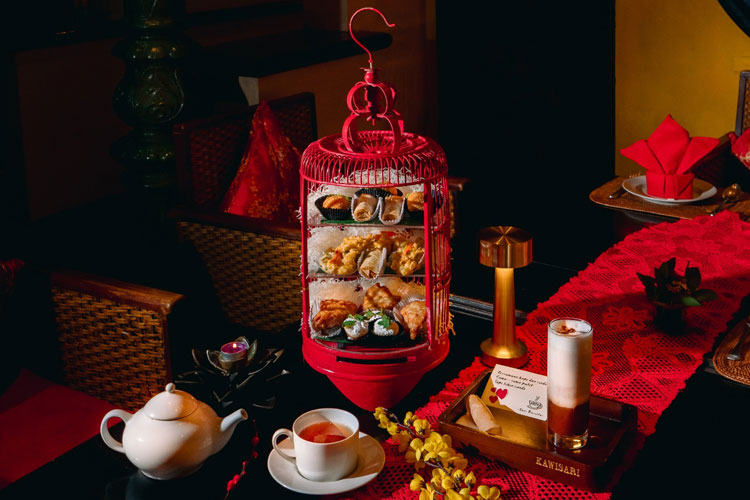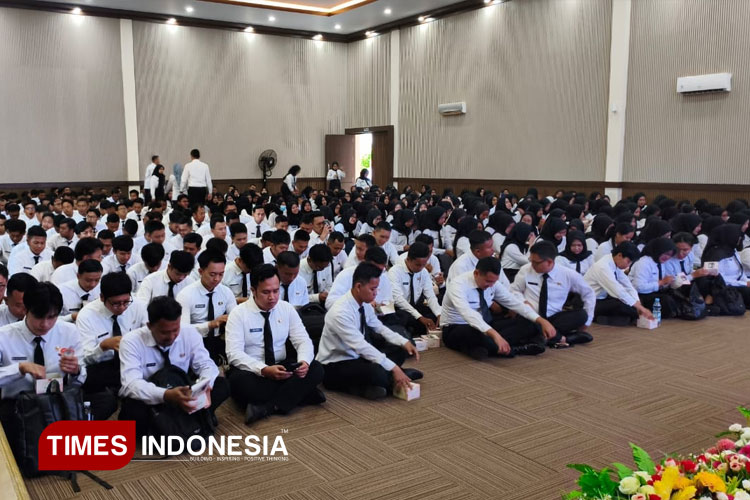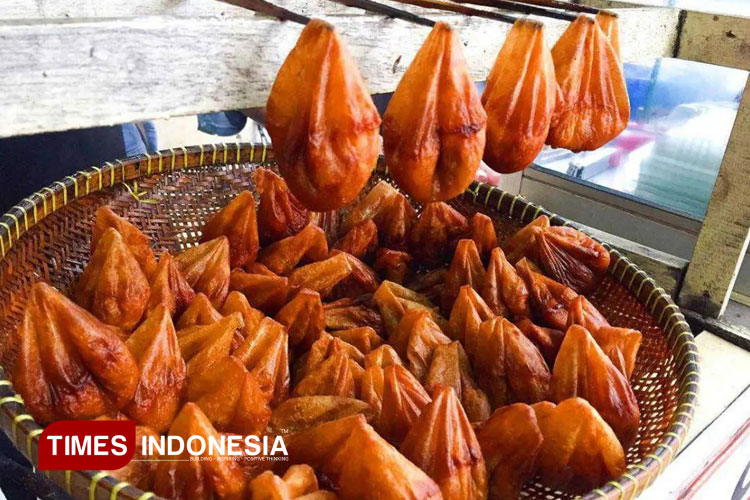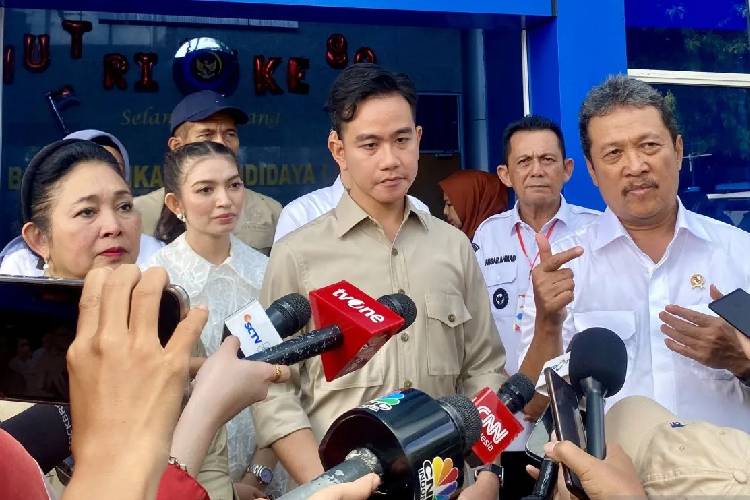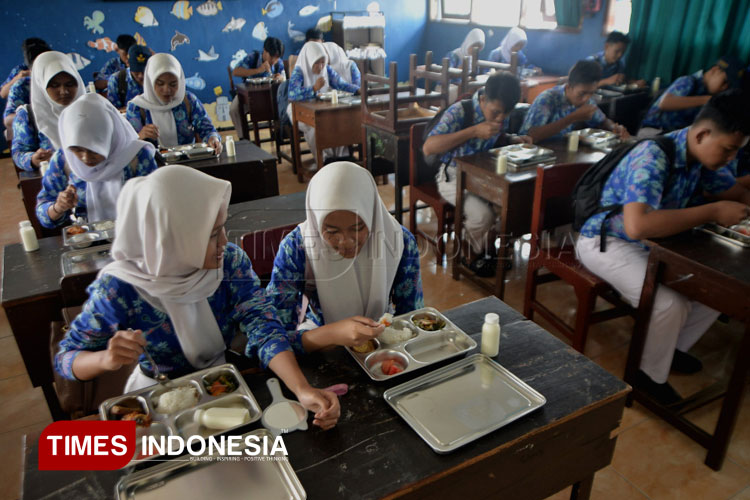TIMES AUSTRALIA, JAKARTA – At the heart of Jakarta’s cultural and culinary scene, Dapur Babah Élite has launched a truly unique experience: Njonja Redaktur’s High Tea. This elegant offering is more than just a culinary indulgence—it is a tribute to one of the most remarkable figures in Peranakan history, the first female editor-in-chief of a women’s newspaper in the Dutch East Indies.
In the early 20th century, from a modest building at Prinsenlaan No. 69 in Batavia (now Jalan Mangga Besar Raya), this pioneering woman founded Istri, a newspaper written in Malay-Chinese.
At a time when the press was overwhelmingly dominated by men, she dared to lead and give voice to women, facing mockery and criticism that mirrored the struggles of many other Peranakan women journalists.
Despite the challenges, her vision was clear: to broaden access to knowledge and empower Peranakan women, who were often dismissed as indifferent to social and political issues.
What made Istri stand out was not only its female leadership but also its linguistic and cultural inclusivity. By choosing Malay-Chinese over Dutch, the editor sought to reach women who lacked formal higher education, ensuring they too could participate in intellectual life.
This decision transformed the newspaper into a powerful tool for community education and cultural exchange.
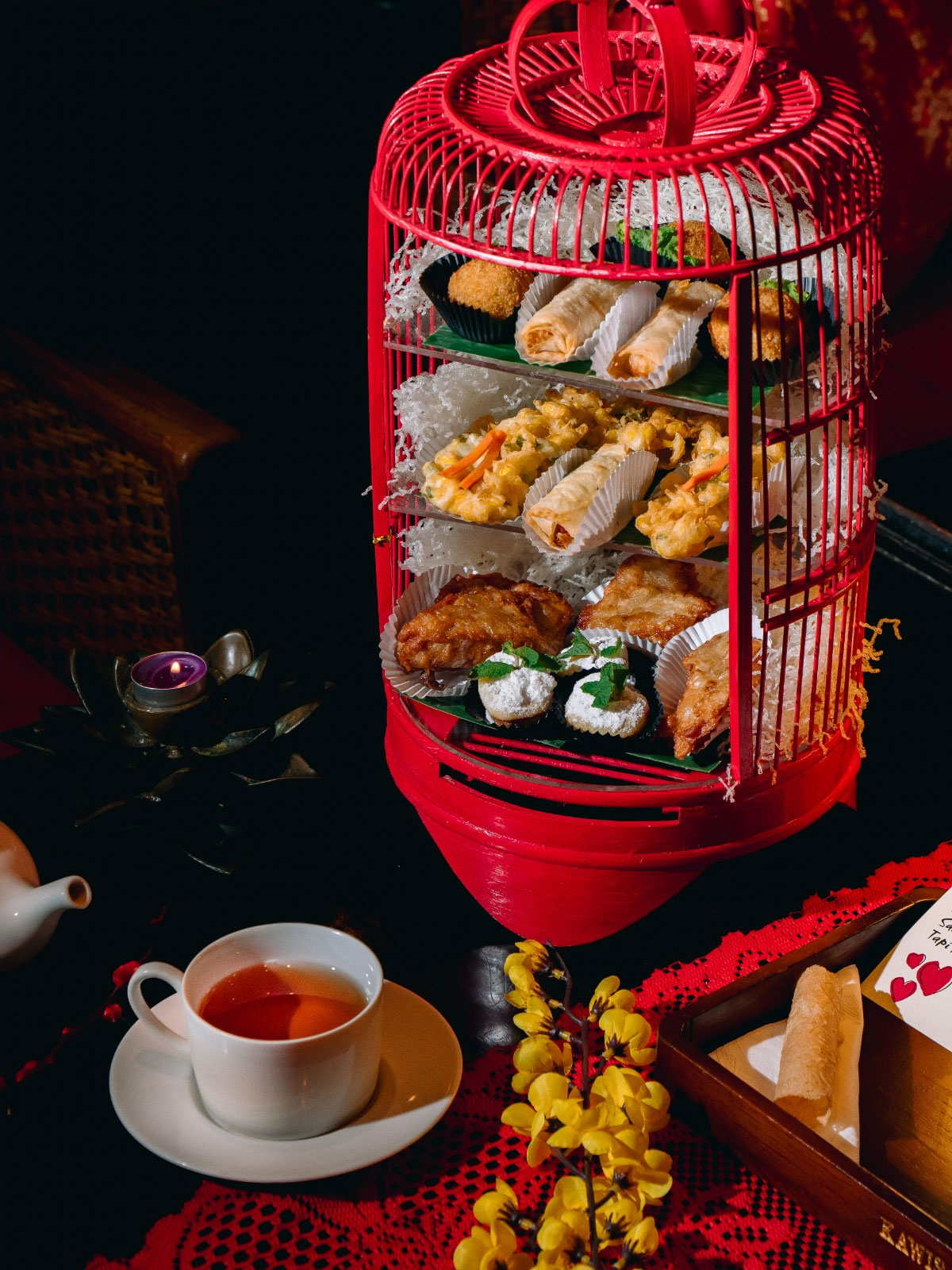
Beyond the printed word, the editor and her circle of peers cultivated a vibrant salon culture. Over fragrant Javanese tea and homemade Peranakan dishes, these women gathered regularly to exchange ideas on politics, philosophy, art, and literature.
Their gatherings became a crucible of intellectual energy, occasionally joined by influential figures such as Kwee Hing Tjiat, famously dubbed the “Dragon of Malay-Chinese Journalism,” and Dr. Loe Ping Kian, who would later lead Sin Ming Hui Hospital.
These moments of camaraderie not only deepened friendships but also strengthened the voices of women in a patriarchal society.
Fast forward to today, Dapur Babah revives that spirit through Njonja Redaktur’s High Tea. Designed to echo the warmth and brilliance of those historic gatherings, this special high tea invites guests to enjoy an afternoon steeped in history and flavor.
By advance booking—one to two days prior—guests can indulge in an exquisite selection of authentic sweet and savory Peranakan delicacies. The experience is thoughtfully curated to be shared with friends, just as the Peranakan women of Batavia once did, exchanging stories and ideas over tea.
Set against the artistic and romantic backdrop of Dapur Babah Élite, Njonja Redaktur’s High Tea is not only a culinary journey but also a celebration of heritage, resilience, and the enduring power of women’s voices. It reminds us that a simple tea table can become a stage for empowerment, dialogue, and cultural memory—just as it did more than a century ago. (D)
Artikel ini sebelumnya sudah tayang di TIMES Indonesia dengan judul: Njonja Redaktur’s High Tea of Dapur Babah Élite: Reviving a Peranakan Legacy
| Writer | : Khodijah Siti |
| Editor | : Khodijah Siti |
